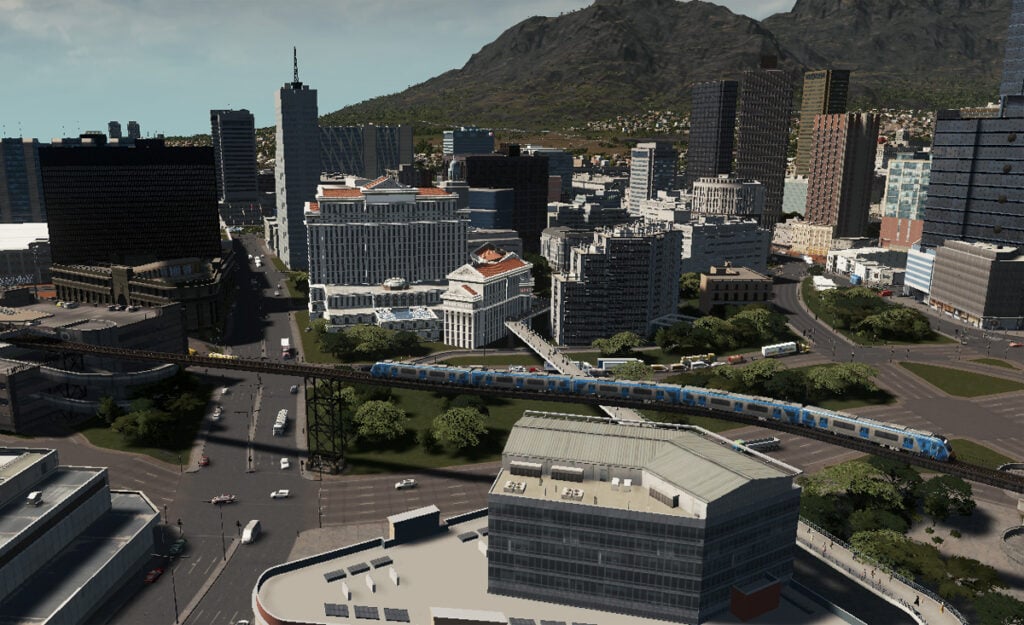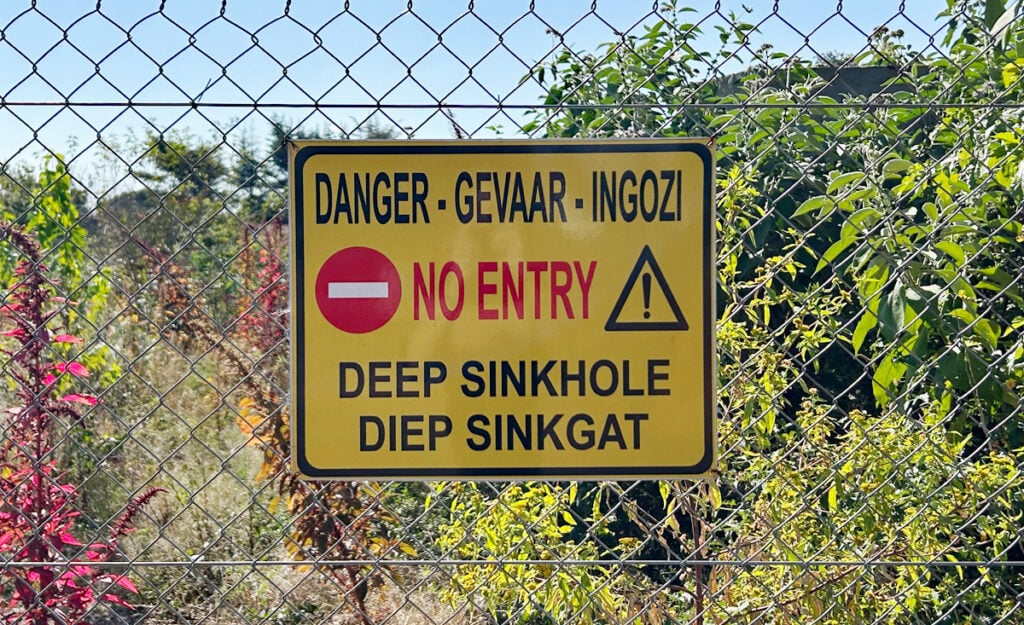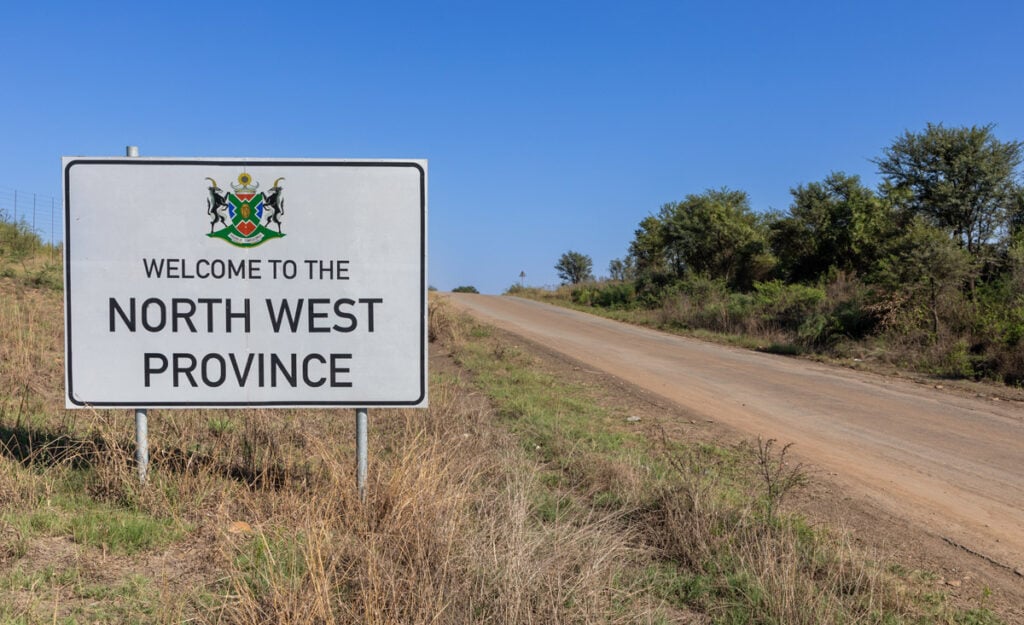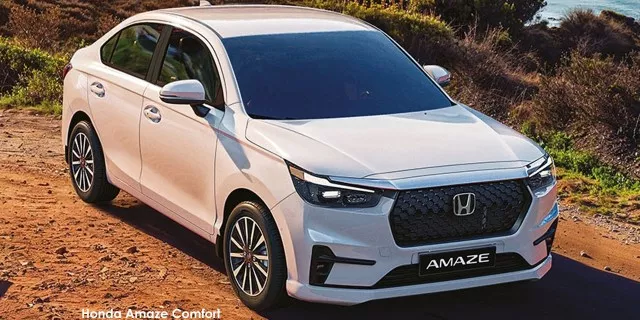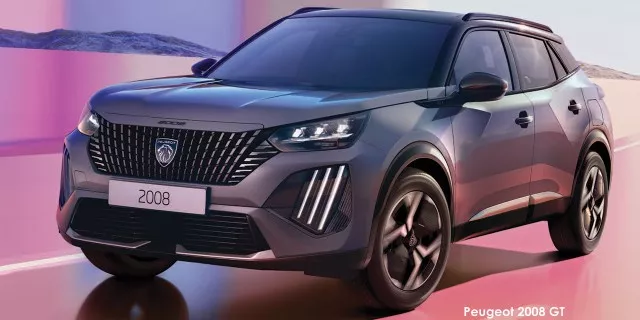
The Department of Transport (DoT) is pushing forward with its initiative to revamp the minibus taxi industry in South Africa.
This has resulted in the scrapping of more than 1,900 vehicles, while another 400 have been converted to run on alternate fuel sources.
The DoT recently presented its progress report on the long-running Taxi Recapitalization Plan (TRP) to the Portfolio Committee on Transport on Tuesday, 20 May.
The primary goal of the TRP is to modernize the country’s taxi industry, removing outdated and unsafe vehicles from the roads while simultaneously introducing new projects to improve conditions for drivers and passengers.
Examples of these projects include measures to open new retail markets providing spare parts, open new 24-hour service centres, create an automated fare collection system, and develop an app-based environment for entrepreneurs.
However, one of the most important goals of the TRP is to get illegal and unroadworthy minibus taxis out of circulation in South Africa.
While the majority of taxi operators use a vehicle like a Toyota Hi-Ace, some users have been caught driving illegally modified panel vans, posing a severe safety risk for all occupants.
The DoT previously ran a campaign that allowed taxi business owners to voluntarily surrender these vehicles to be scrapped in exchange for a payment that could be put towards a deposit to recapitalize on a new model that complies with the National Road Traffic Act.
However, this campaign was cancelled in January 2023, and the DoT is now instructing law enforcement to impound illegally converted panel vans used to transport passengers for reward.
In its latest progress report, the DoT stated that it had more than 2,350 illegal panel pans on its records.
A total of 436 units were successfully retrofitted to be legally used as taxis, while the remaining 1,916 vans are under consideration to be scrapped.
Approximately 1,243 were linked to operating licences and qualified for recapitalisation, of which 650 vehicles have been scrapped, and the owners have been paid.
Another 593 are still in the pipeline awaiting a final decision on their fate.
The department stressed that any vehicles that have not been submitted for scrapped can no longer be licenced and are operating illegally on South African roads.
These vehicles will be impounded by law enforcement, it said.
Taxi fuel conversions

The DoT is also working on a programme to convert minibus taxis to run on liquified petroleum gas (LPG), which is an increasingly popular alternative to conventional petrol.
The main advantage of LPG is its lower price, which the DoT estimates could reduce running costs for taxis by 35%.
There’s also an additional benefit in that LPG generates fewer emissions, which will reduce the taxi industry’s carbon footprint in South Africa.
Furthermore, the cleaner, more efficient engines are expected to have longer lifespans with less maintenance while providing greater mileage.
The catch is that is not possible to simply fill up a car with LPG, as the engine needs to undergo a conversion process that will allow it to run on both petrol and LPG.
Consequently, the TRP is assisting taxi operators with these conversion efforts to expedite the transition to the more efficient fuel source.
Thus far, seven taxis have been converted as part of a pilot project, and the DoT’s current goal is to develop a national rollout model that will convert an additional 400 taxis.
Another issue is that very few petrol stations currently have facilities that supply LPG, so the DoT is looking at solutions like mounted portable LPG units that can be introduced to remote areas.
